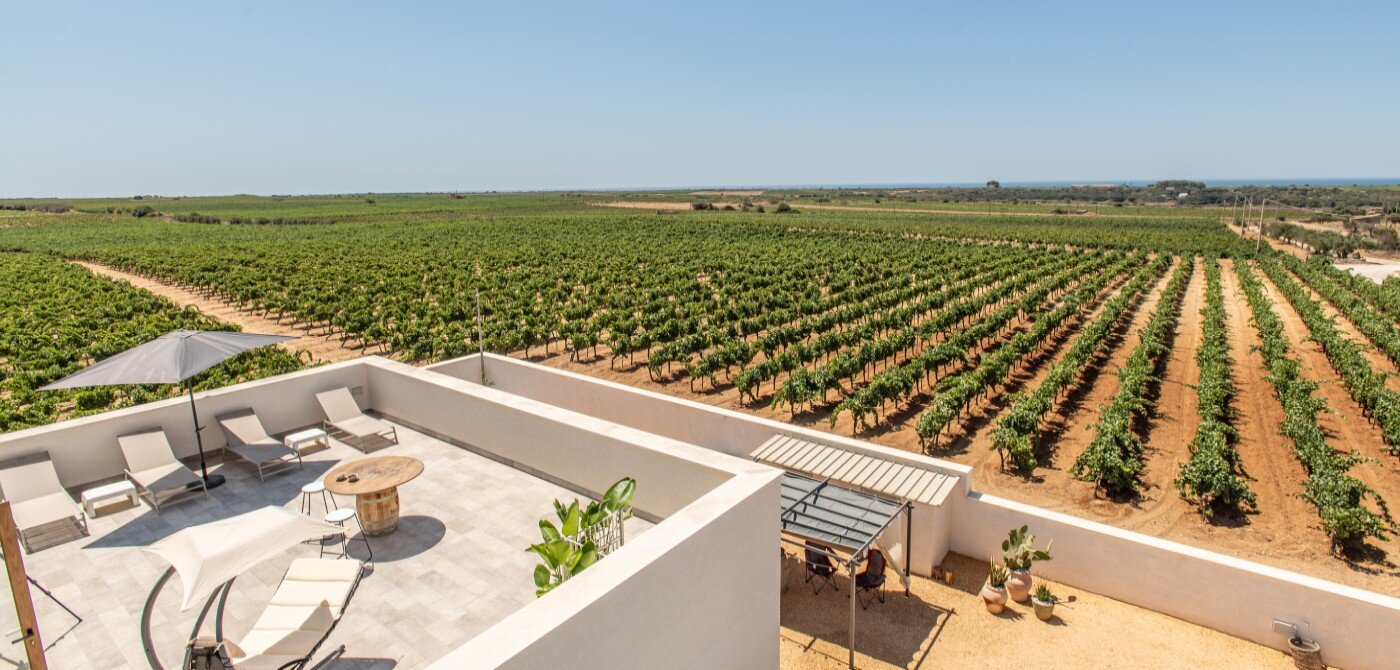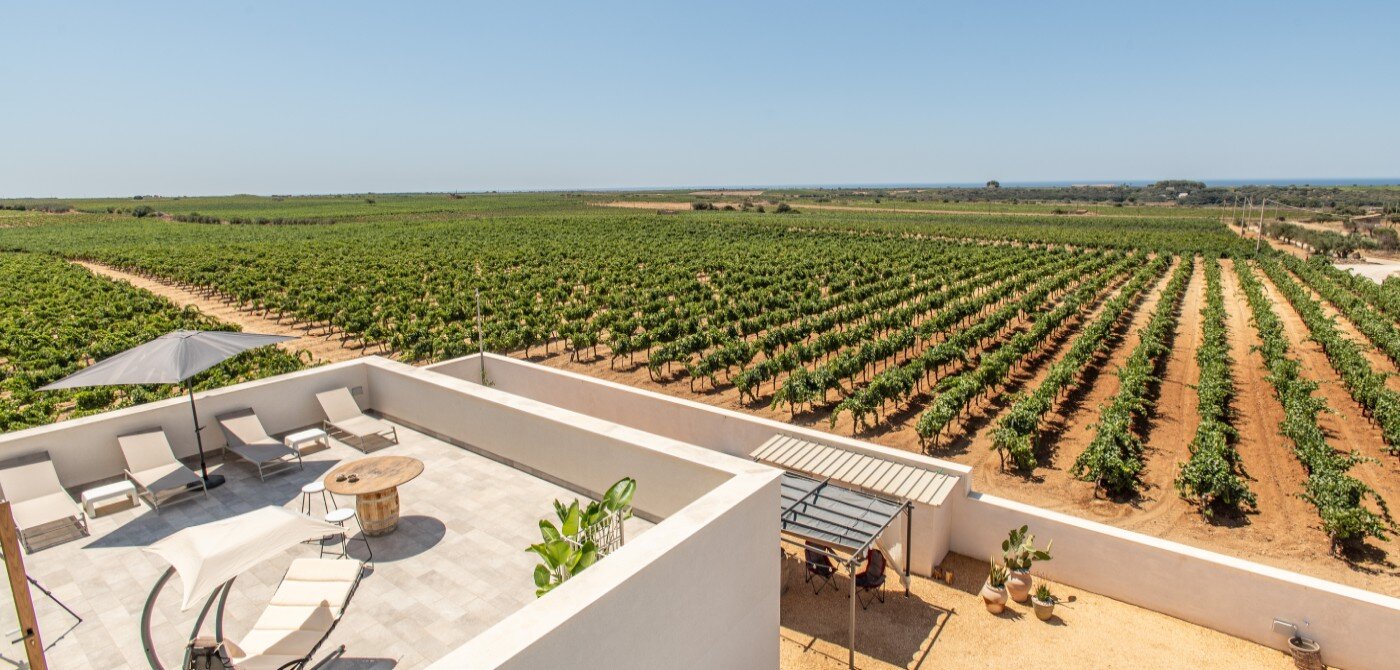
For centuries, Italy has captivated the American imagination. Beyond the bustling piazzas of Rome and the romantic canals of Venice lies rural Italy–an emerging frontier for discerning American investors and those dreaming of a life less ordinary. Direct flights from major hubs like New York, Chicago, or Miami make this European dream surprisingly accessible.
The story of rural Italy has long been one of gentle decline. Young people, like myself, often left their small villages for bigger cities in search of opportunities, leaving behind beautiful, often historic, properties that gradually lost their vibrancy. Companies traditionally focused their innovation and services on urban centers, overlooking the unique needs and immense potential of these rural communities.
However, the tide is turning, accelerated by the pandemic. As remote work became normalized, many individuals, including in the United States, reconsidered urban living. Demand for vacation rentals in the Italian countryside surged as people yearned for more space, a closer connection to nature, and authentic experiences. This new demand, however, ran headlong into a significant challenge: how to effectively manage and market properties in areas historically underserved by modern technology and professional services.
This is where the transformative power of property technology, or proptech, comes into play. Imagine a beautiful villa nestled in the rolling hills of Tuscany, or a historic stone house in a charming village in Puglia. For years, the owner might have struggled to list it effectively online, manage bookings, or optimize pricing. Proptech solutions bridge this gap by providing comprehensive digital management, integrating properties with over a hundred online travel agents. Beyond listings, these platforms offer AI-powered dynamic pricing, streamlined booking management, and ensure full regulatory compliance, even taking care of damage and liability insurance.
The impact of this isn’t just economic for individual property owners; it’s profoundly societal. When a rural property becomes a successful vacation rental, it brings tourists to the area who, in turn, spend money at local restaurants, shops, and attractions, bringing a threefold return on investment to the community. This influx of visitors helps to revitalize small towns that have long suffered from depopulation and a lack of economic vitality. It directly addresses the economic and social inequalities that arise when rural areas are neglected.
For Americans considering this unique intersection of lifestyle and investment, the advantages are compelling. First, there’s the sheer affordability of entry. While traditional real estate markets in major European cities can be prohibitively expensive, rural Italy offers surprising value. Initiatives exist where homes can be purchased for as little as one euro, provided the buyer commits to renovation and revitalization efforts. This is a powerful draw for those seeking a tangible connection to Italian culture without the prohibitive cost of urban property.
Second, the cultural immersion is unparalleled. Living in a rural Italian village offers an authentic experience far removed from the tourist crowds. It’s an opportunity to engage directly with local traditions, savor regional cuisine, and become part of a close-knit community. For those looking for a “return to roots” or a simpler, way of life, rural Italy provides an idyllic backdrop.
Third, from an investment perspective, rural Italian properties offer a unique blend of personal fulfillment and financial potential. As demand for authentic experiences continues to grow, and as proptech makes remote property management increasingly seamless, these undervalued assets are poised for significant appreciation. The success stories from Italy are already proving this, with properties that were once overlooked now generating substantial annual incomes for their owners.
Of course, no significant life or investment decision comes without challenges. Navigating Italian bureaucracy, while improving, still requires patience. Understanding local regulations and cultural nuances is crucial. However, the ecosystem supporting foreign investment and relocation to Italy is growing, with resources available to guide newcomers through the process. The presence of digital property managers mitigates many of the operational complexities that might otherwise deter an overseas investor.
Ultimately, investing in rural Italy is more than just a real estate transaction; it’s an investment in a dream, lifestyle, and the revitalization of cherished communities. It’s an opportunity for Americans to become part of a meaningful story, contributing to the economic and social well-being of a region while creating a personal haven or a profitable asset in one of the world’s most beloved countries. The tools and trends are in place; it’s an invitation to explore a different, equally enchanting side of Italy.
Sign Up Free | The WPJ Weekly Newsletter
Relevant real estate news.
Actionable market intelligence.
Right to your inbox every week.
Real Estate Listings Showcase
Please visit:
Our Sponsor
